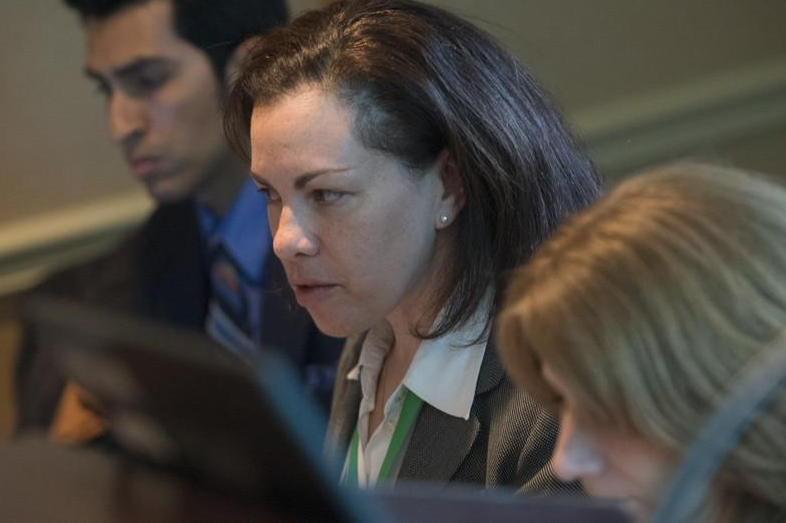

Discipline practices thought to disproportionately affect students of color have been at the center of debates across the country. And with a growing body of research showing the negative long-term effects of zero-discipline policies, especially on minority youth, many school districts have moved to abandon them.
Such was the case Wednesday when the Seattle School Board — a district currently under federal investigation for discipline disparities – unanimously voted to end out-of-school suspensions at the elementary school level for some nonviolent offenses. Those include rule-breaking and disruptive behavior.
Here’s what the school board’s briefing for the vote says:
“Multiple research projects over the past 10 years have shown that out-of-school suspensions do not improve the student behavior we are looking for from our students. Students who are suspended lose valuable instructional time, and are more likely to fall behind in school, drop out, and enter into the ’school-to-prison pipeline,’ at great cost to the community.”
In a June story for The Seattle Times, reporter Claudia Rowe — who also spoke at the EWA National Seminar in April on this issue — broke down the demographics of Washington State students who had been disciplined. Sure enough, minority students were disciplined at higher rates than their white peers.
Only blacks were disciplined at higher rates than Hispanics in the Seattle school system, compared to other racial and ethnic groups. While nearly 2 percent of all white students were suspended or expelled in 2013-14, the same was true for 4.4 percent of Hispanics and nearly 8 percent of black students. Hispanic elementary students in Seattle were disciplined most commonly for rule-breaking and “intimidation of school authority.” English-language learners and special education students also were suspended more frequently.
So what will be used in place of suspensions going forward? The question was intentionally left unanswered in the board’s resolution, a board member told The Seattle Times.
“There is a lot we don’t know,” said Harium Martin-Morris, who sponsored the resolution. “Is it a climate issue? Is it an expectation issue? Is it a training issue? I’m not trying to say the staff or something or the parents are doing something wrong. I’m saying ‘let’s all sit down and figure out what we need to do right,’ to refocus that energy on the positive.”
Seattle isn’t the first city considering an end to out-of-school suspensions for non-violent or minor offenses, an Al Jazeera America article on the Seattle decision points out.
“In September 2014, California became the first state to pass legislation that limited schools’ ability to suspend children from school. That law is limited to suspensions for so-called ‘willful defiance,’ and only applies to students in kindergarten through the third grade. School districts in Baltimore, Los Angeles, Minneapolis and elsewhere have also made efforts to scale back the use of suspensions after finding that students of color were disproportionately targeted.”
Many school districts elsewhere have adopted a restorative justice approach as an alternative to out-of-school suspensions.
At the National Seminar, Francisco Vara-Orta — formerly of the San Antonio Express-News, where he spent several months examining restorative justice practices — described this method as a “circle” discussion between classmates, teachers and school administrators to resolve problems face-to-face. The first year restorative justice was piloted in the Texas middle school he followed in 2012-13, in-school suspensions decreased by 30 percent, and out-of school suspensions declined by 84 percent, Vara-Orta said.
Rowe said during the panel discussion she had seen a negative response from Seattle teachers regarding restorative justice practices. “What I hear from teachers often is they’re in this impossible bind of being lashed ever harder for getting kids ready for tests and discouraged from suspending students who disrupt the classroom environment,” she said.
While the next move for Seattle schools is uncertain, the district will be working on a plan to significantly reduce suspensions for students of all grade levels, the Times’ Paige Cornwall reports. As for suspensions that do occur, the board hopes to come up with a better method for collecting data.


